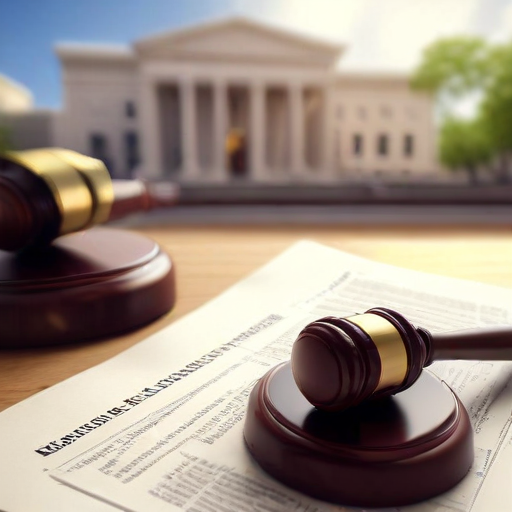The Illinois Supreme Court has made the significant decision to overturn the conviction of actor Jussie Smollett, who was previously found guilty of staging a hate crime against himself in 2019. This high-profile case garnered substantial public scrutiny after Smollett alleged that he was attacked by two men who hurled racial slurs at him and placed a noose around his neck while he was walking in Chicago.
In 2021, Smollett was convicted on five counts of disorderly conduct and sentenced to 150 days in jail; however, he was released after serving just six days while appealing the case. The state Supreme Court ruled in favor of Smollett’s legal team, asserting that he should not have faced charges from a special prosecutor after the Cook County State Attorney’s Office had previously dismissed the case in exchange for community service. The court stated, “What would be more unjust than the resolution of any one criminal case would be a holding from this court that the State was not bound to honor agreements upon which people have detrimentally relied.”
The ruling has sparked criticism, with figures such as Chicago Mayor Rahm Emanuel expressing disappointment. Emanuel remarked that Smollett was “let off scot-free, with no sense of accountability for the moral and ethical wrong of his actions.” It is important to note that during the trial, two brothers testified that Smollett paid them $3,500 to orchestrate the attack, contradicting his claims of being a victim of a hate crime.
While the overturning of the conviction raises questions about the legal process and public trust, it also highlights the complexities of the justice system, particularly in cases that involve significant societal issues like race and hate crimes. The court’s decision could serve as a reminder to ensure that legal agreements are upheld, fostering accountability and fairness in future cases.
This development invites reflection on the broader implications of such cases on public discourse and the importance of careful legal procedures. For Smollett, the reversal of his conviction offers a second chance to reclaim his narrative and engage with the broader conversation regarding hate crimes and their impact on communities.
In summary, the Illinois Supreme Court has overturned Jussie Smollett’s conviction for allegedly staging a hate crime against himself, leading to a mixture of reactions from the public and officials. As this case unfolds, it serves as an opportunity for renewed discussions about accountability, justice, and public trust in the legal system.
